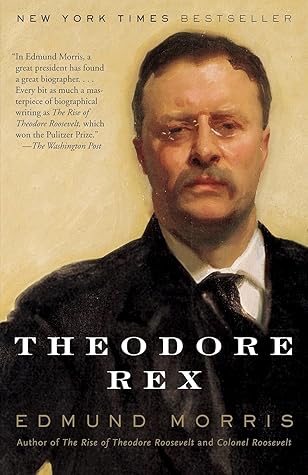Somehow he must grant a little leisure, and a little extra money, to the multitudes currently working only to survive. This would enable them to develop those noneconomic virtues—intelligence, unselfishness, courage, decency—which he loosely defined as “character.” Character determined the worth of the individual, and “what is true of the individual is also true of the nation.” At the same time, he must persuade Union League Republicans that perpetual, mild reform was true conservatism, in that it protected existing institutions from atrophy, and relieved the buildup of radical pressure.
Welcome back. Just a moment while we sign you in to your Goodreads account.


